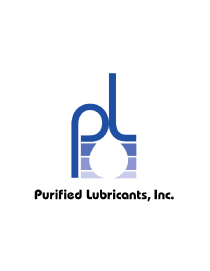There are five essential hydraulic tools that most people don’t have when troubleshooting hydraulic problems in the field. Most of these tools are well-known by maintenance crews. They are often overlooked when it comes time to troubleshoot a problem. Having these essential hydraulic tools will reduce on the amount of downtime that may occur, as well as reduce the amount of money spent on components that are changed without first verifying that they have failed.





